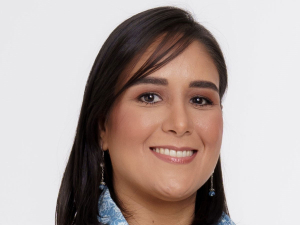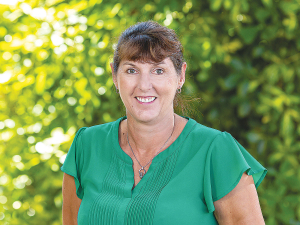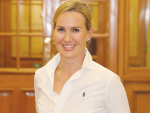Summerfruit NZ growers have voted to continue supporting their levy.
The levy goes towards industry funding for biosecurity, crop protection, export market access and other ‘industry good’ activities.
Industry body Summerfruit NZ says it consulted growers around the country before asking them to vote on renewal of the sector’s Commodity Levy Order late last year, which will expire before the start of the 2020 summerfruit season.
Fruit covered under the summerfruit banner includes apricots, nectarines, peaches and plums and cherries.
Out of the 53% of growers who voted, 84% supported the levy continuation. This provides more than two-thirds of Summerfruit NZ’s funding.
“This outcome is a strong and welcome endorsement of Summerfruit NZ and the work we have done over the last 25 years,” chairman Tim Jones said.
“We have worked very hard to create a profitable and sustainable industry for our growers and this outcome shows that they appreciate what we’ve done and what they know we can achieve in the future. We couldn’t have hoped for a better outcome.”
Jones says voter turnout was higher than has been recorded before and also higher than most other primary sector groups have achieved over the last couple of years.
“This reflects the level of engagement we have with our growers,” he claimed.
The Minister of Agriculture will now be asked to grant a new Commodity Levy Order, which Summerfruit NZ hopes to have in place before the start of the 2020-21 summerfruit season.
New Zealand has more than 20 primary sector commodity levy orders and each levy order must be renewed every six years.
Summerfruit NZ has not proposed any change to its maximum levy rates – one rate for apricots, nectarines, peaches and plums, and another rate for cherries, which have higher value and lower overall production per hectare than the other summerfruit.











